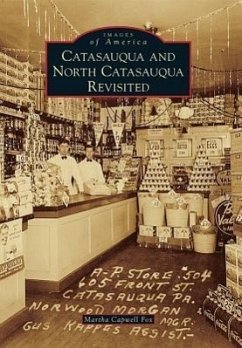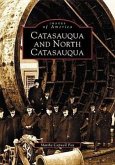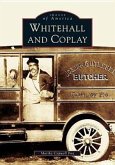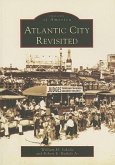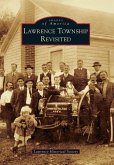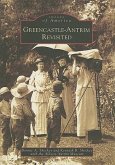In 1900, Catasauqua was one of the wealthiest communities in America. Its electric-lighted streets were lined with businesses, stores, row houses, and ornate mansions. But when iron making ended in 1920, the Iron Boroughs golden age soon began to fade. Compared to its booming industrial atmosphere in the 19th century, life in Catasauqua and North Catasauqua during the 20th century became quintessentially small town. Though Fuller Company and Phoenix Forge were nationally known in their own industries and the silk mills still wove luxury fabric for New York designers, many people moved elsewhere in the Lehigh Valley to work. Those who remained put down even deeper roots, buying the once-company-owned workers houses or raising large baby-boom families in the old mansions. Church and school defined lives, and civic groups, service organizations, and sports teams provided fun, fellowship, and a sense of community.
Hinweis: Dieser Artikel kann nur an eine deutsche Lieferadresse ausgeliefert werden.
Hinweis: Dieser Artikel kann nur an eine deutsche Lieferadresse ausgeliefert werden.

